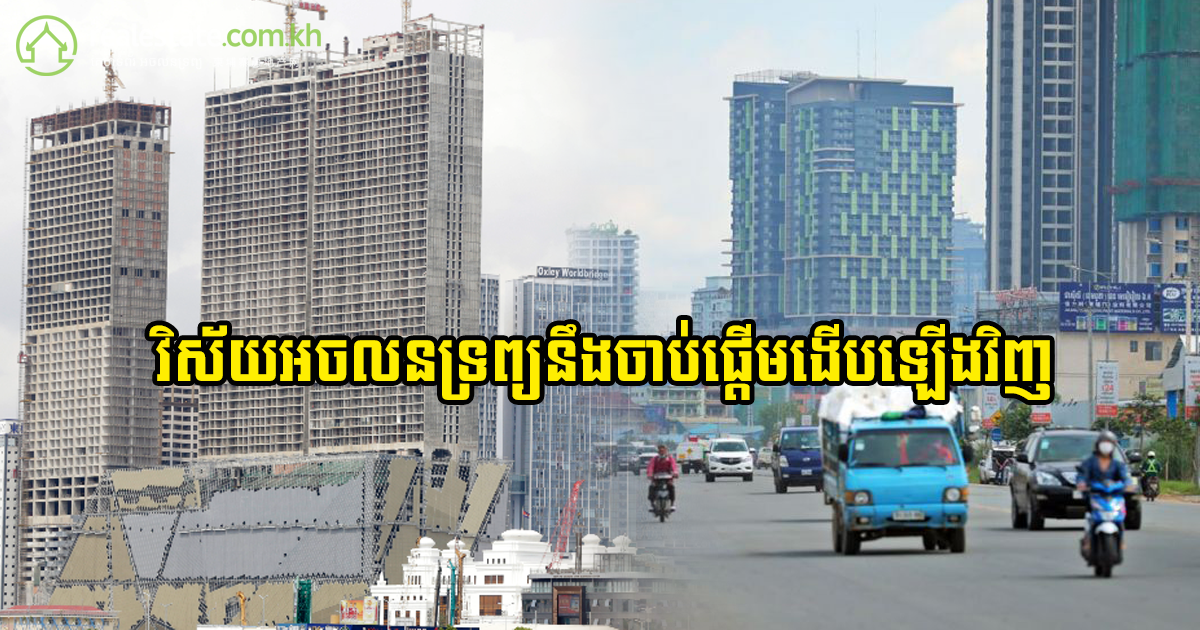![]()

By Christopher Beres, Sciaroni & Associates Legal Advisor & Head of Dispute Resolution Practice Group.
The construction industry is regarded as one of the most conflict and dispute ridden industries due to the complexities of coordinating projects with multiple suppliers, vendors, subcontractors, lessees and the like. For construction companies operating in a foreign environment like Cambodia, incorporating a solid dispute resolution clause into their contracts is of even greater importance.
A party contracting for a construction project in Cambodia is limited to two hard options in the event of a dispute that has escalated to the point where the parties can no longer continue their relationship; the party may avail himself of the local courts or may agree to local or international arbitration. This article will address the options available to foreign investors contemplating dispute resolution in Cambodia and the pros and cons associated with each option.
Litigation
Generally, and particularly in mature legal environments, litigation through the court system is often the preferred method of resolving disputes arising from contractual obligations. With litigation, there is an authority (the judge) to compel adherence to time-frames and rules, to impose sanctions for non-compliance, and to make interim measures (such as for the preservation of property). Moreover, judicial actions are open to public scrutiny and there is an appeal process to correct poorly decided or unfair decisions. In developing economies this path to dispute resolution can sometimes be less than smooth.

Foreign investors’ unfamiliarity with Cambodia’s law, the Cambodian legal system and the fact that litigation proceedings in the courts will be conducted in the Cambodian language can be problematic and tip the scales in favor of other dispute resolution alternatives.
Foreign investors often bring up the issue of lack of transparency citing this as a reason for their reluctance to avail themselves of the local courts. However, they might be surprised to learn that corruption is the exception rather than the rule and that the Cambodian government has a system in place to expose the corrupt acts of its officials, including judges, and to undo any bad acts. Regardless, foreign investors may choose arbitration as a means of dispute resolution simply because they feel they have more control over the process.
Arbitration
Under Cambodian law, foreign investors are free to choose arbitration as their means of dispute resolution. This includes the freedom to choose an international arbitral body to decide the claims, the freedom to choose a foreign law to govern the contract, and the freedom to choose a foreign forum where the dispute will be heard, and the freedom to choose the language in which the proceedings will be conducted. Moreover, Cambodia is a party to the New York Convention on the Recognition and Enforcement of Foreign Arbitral Awards (1958) and has its own Law on Commercial Arbitration, both of which mandate Cambodian courts to enforce foreign arbitral awards without examining the merits of the matter. (Cambodia also has its own arbitral body, but, there have been only a handful of disputes referred to it in the few years since its inception, none of which have resulted in an award or final judgment.)
Often cited benefits of arbitration include the non-public nature of the proceedings and award (which may be particularly valuable to a foreign investor wanting to avoid bad publicity), the ability to appoint an arbitral panel comprised of individuals who are also industry experts (which may be particularly valuable in a fact-sensitive construction contract dispute), and the informality, reduced cost, and speed with which a dispute may be resolved as opposed to court litigation. Foreign investors should consider, however, that arbitration is not necessarily a cheaper or quicker method of dispute resolution and, depending on how certain issues are addressed (for example, the extent of discovery) when drafting the arbitration agreement, may result in an arbitration that mimics court processes. For this reason, it’s paramount to engage a lawyer who understands the benefits of arbitration and will work to affect those benefits for his client.
Mediation
Foreign investors should not overlook the soft option of mediation in Cambodia, particularly when they hope to continue their relationship with their local counterpart. Mediation is perhaps the most appealing means of dispute resolution from a cultural standpoint. The court system and arbitration are relatively modern constructions; disputes in Cambodia traditionally were not resolved by courts but rather by consultation with village elders and commune chiefs.
With mediation, the parties hire a neutral third party (a mediator) to help them negotiate a business settlement. It is confidential and not open to the public. It can be set up in a matter of weeks and normally does not take more than a day or two. Mediation can take place at any time or place, before or after a lawsuit has been filed, and there is no need to obtain court approval.
The mediator does not make or impose a decision. Mediation is nonbinding, meaning the parties do not give up any rights by participating in mediation. Its purpose is to attempt to negotiate a settlement between the parties by breaking down barriers to communication and encouraging offers and counteroffers.
Mediation can offer practical, business solutions that are not available in a litigation setting. In most cases, all a court or arbitral panel can do is decide who
gets money and how much. Parties in mediation can agree to continue to do business together or settle a claim for something other than a monetary payment. Mediation clauses can be placed in all types of construction related contracts and deals: development deals, commercial leases, buy-sell agreements, etc.
In conclusion, alternative methods of dispute resolution and the need for clearly defined clauses in business contracts in a developing market provide the foreign investor with assuredness that conflicts can be resolved in a manner workable for all parties.
Sciaroni & Associates © 2017
 Christopher Beres
Christopher Beres
Legal Adviser and Head of Dispute Resolution Practice Group
Christopher has practiced law in Southeast Asia since 1993. With a focus on dispute resolution, government relations and corporate compliance, he also has experience in investment and commercial transactions. A member of the bar in New York, Connecticut, the District of Columbia, Florida and the United States Supreme Court, he earned a JD from University of Pennsylvania, speaks Thai and is conversant in Japanese.





Comments